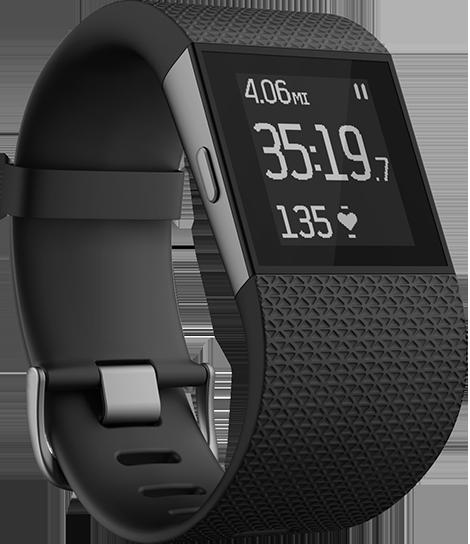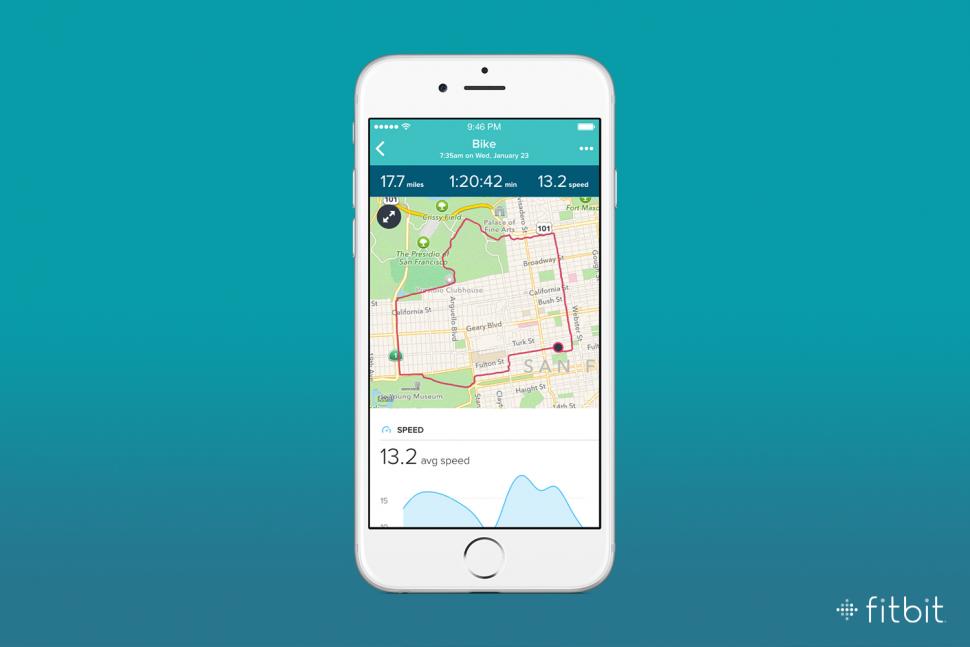- Mounting pressure: USA 'expects' Pakistan to act against attackers
- Marco Rubio Faces Heckler During Dallas Rally, Talks Illegal Immigration
- Iraq offers to mediate Saudi-Iran dispute
- Sheriff: Mother of 'affluenza' teen complaining about conditions in jail
- Sherriff meets with armed group, asks them to leave
- Swinney says championship game will pit Tigers against the best opponent around
- Girl Scout Cookies are coming back
- The origins and payout of the record $900 million Powerball drawing
- Powerball jackpot, largest ever, now $900 million
- Armed group digs in at OR reserve
- US Markets Extend Losses; Dow Slumps Nearly 400 Points
- Armed group not ready to end wildlife refuge occupation
- Burlington, VT residents poked fun at Donald Trump with these protest signs
- 49ers coach Jim Tomsula fired after just one season
- Jobs report: Tailwinds heading into 2016
Powerball jackpot reaches $900 million
Nadal gets through to semis at Qatar Open
Marshawn Lynch made decision not to play, Seattle future in question?
More Than 100 PlayStation VR Games in Development, Sony Exec Claims
Saban talks preparation before CFP title game
Hundreds protest in Cologne following New Year's Eve sex assaults
Clemson's Lawson hopes he can play despite sore knee
Record Powerball Jackpot Rises To $900 Million On Day Of Drawing
Maryland's Melo Trimble Cans a Long Three to Beat Wisconsin
Federal Emergency Management Agency to monitor Flint's water crisis
Iran accuses Saudi Arabia of attacking its embassy in Yemen
UN envoy in Syria ahead of upcoming peace talks in Geneva
GOP rivals: Rubio's boots were made for talking
Are Obama's Gun Control Actions Good Ones?
Lazio rejected Utd's €50m Anderson offer

